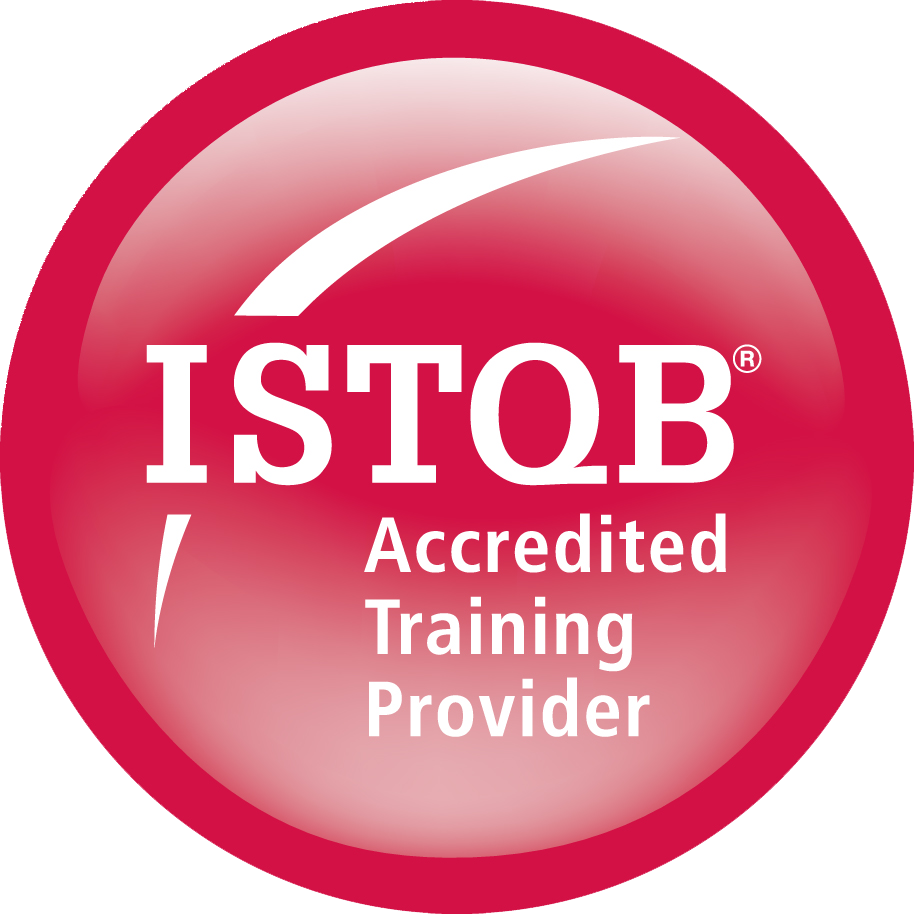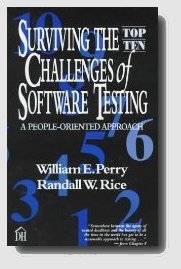(5 Days)
This five day course follows on from the ISTQB Foundation Level Course and leads to the ISTQB Advanced Test Management Certification. It addresses issues such as test estimation, monitoring and control, test documentation, process improvement, metrics and measures and people skills. Scenario based exercises of various situations and topics are covered in order to present practical solutions.
Course Objectives
To provide an understanding of software test management that goes beyond the ISTQB Foundation level. It provides test managers with a good level of knowledge that enables analysis of situations in order to present practical solutions.
The information gained on the course provides a framework for test managers to build upon within their organizations. Spreadsheets, templates and utilities will be provided enabling managers to be more efficient and effective within their organizations.
Who Will Benefit
This 5-day course is appropriate for test managers, test team leaders, development managers, project managers and anyone wishing to gain the ISTQB Advanced Level Test Management Qualification.
Prerequisites
If you want to take the ISTQB Advanced Test Manager exam, you must hold the ISTQB/ISEB Foundation certificate (CTFL). If you wish to sit the course without taking the exam, there are no prerequisites.
There is also an experience requirement of 3 years verifiable full-time experience in software or systems testing, development, quality assurance, engineering or a related field.
Skills Gained
• Understand the various lifecycles and how to effectively apply them
• Create a firm foundation for the success of testing in your organization
• Estimate, plan, monitor and control testing on any project
• Understand how to manage distributed, outsourced and insourced test resources
• Build effective and highly motivated test teams
• Understand and apply test process improvement models
Booking & Information
To schedule a presentation of this course in your company, call us at 405-691-8075 or e-mail us from the Contact Us page.
About the Materials
The course materials are developed by and licensed from Grove Consultants (UK).
About the Instructor
The instructor for this course is Randall Rice, CTAL.
Course Content
Testing Process
The Test Manager’s activities within the fundamental test process are covered with emphasis on the tasks of test planning, monitoring and control. Describes how to implement a project retrospective in order to validate processes and discover areas to improve.
Test Management
Explains how to define test management tasks according to the context of a project and how to adjust the test activities to the software lifecycle in use. Risk-based testing for test prioritization and effort allocation is discussed with emphasis on product and project risk management.
Participants learn how to take stakeholder views into account when assessing risk levels and defining the risk mitigation activities. Risk control activities and risk reporting are also covered.
Evaluates different types of test document and discusses how to tailor them to meet project and organization needs.
Relevant standards are also considered.
Metric- and experienced-based methods for estimating testing effort are covered and participants learn how to communicate the value of testing. Distributed, outsourced and insourced forms of test organization are described.
Reviews
Here the focus on defining an appropriate review plan and setting up the review to achieve the best results. Participants learn how to use metrics to optimize the review results and to show return on investment. This session also explains how to lead a review team through a formal review.
Defect Management
Describes how to set up a defect lifecycle tailored for the software lifecycle in use and explains how to analyse defect reports to evaluate the capability of the testing and software development processes.
Improving the Test Process
Explains the generic steps for conducting a standard test process improvement initiative and how to create a test improvement plan. Includes the test process improvement models TMMi, TPI Next, CTP and STEP.
Test Tools and Automation
Covers how to plan and implement different types of tools (including open-source and custom-built tools) considering risks, costs, benefits and opportunities. Tool use for metric collection and evaluation is described.
People Skills - Team Composition
Discusses how to assess the range of skills required for a testing team, and define a growth plan for skill development. Includes team motivation and communication skills.






